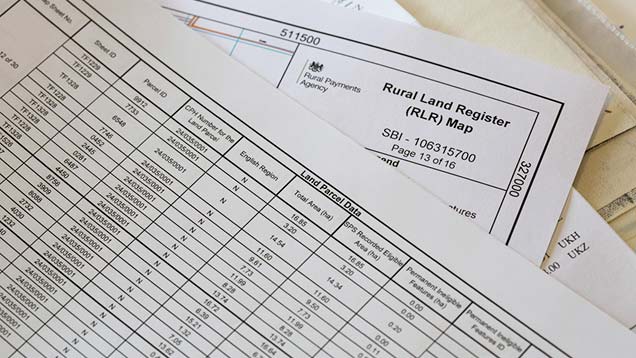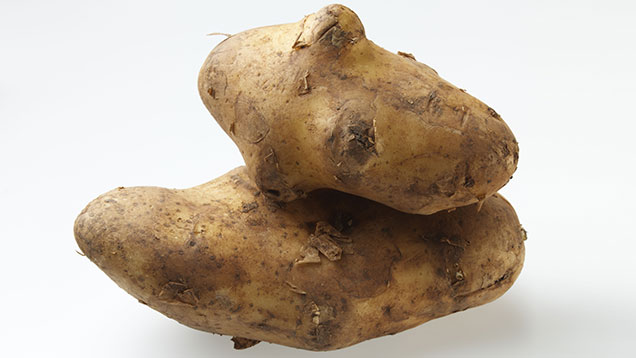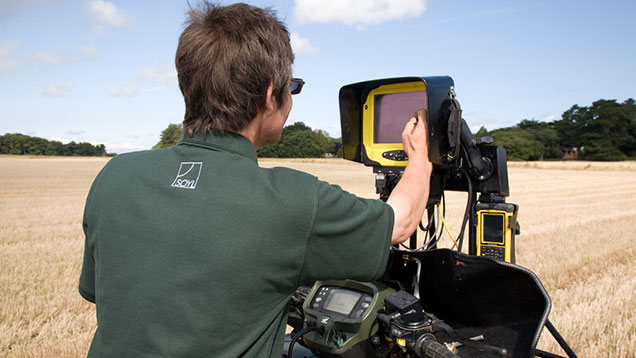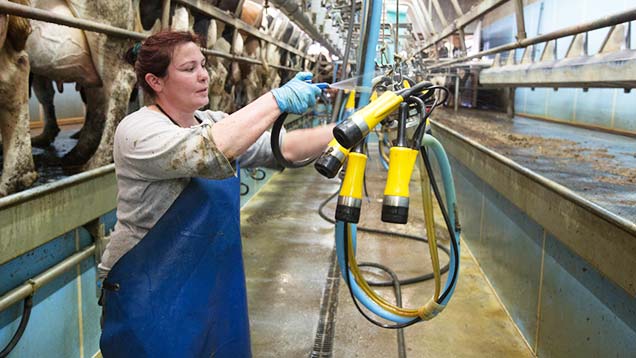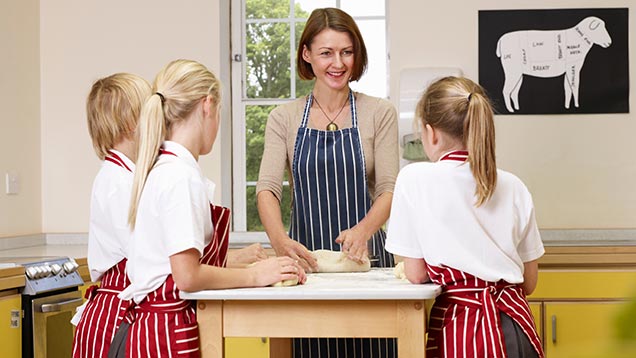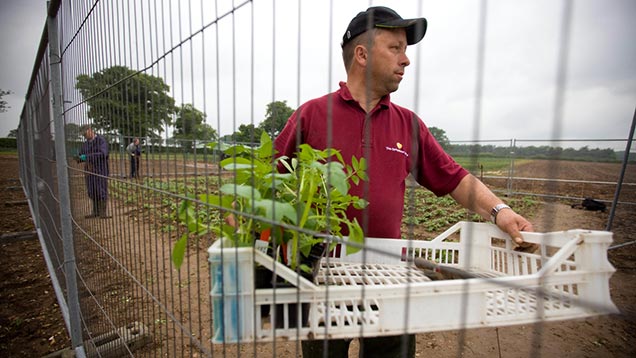10 ideas to boost global food security
Reduce the risk of global food insecurity by tackling the food waste problem. That was the overriding sentiment from a series of essays submitted as part of a writing competition to win a place at the Bayer CropScience Youth Ag Summit in Australia later this year.
Almost 2,000 young people from around the world wanting to influence how the planet will feed nine billion people in 2050 entered the competition.
About 40 of the entries came from the UK and the standard of essays was extremely high, says Mike Abram, PR and communications manager for Bayer CropScience.
“As you might expect, we had a whole range of ideas put forward, but perhaps the most popular suggestion was tackling food waste. It’s undeniably a huge issue, with losses in the field to pests, weeds and diseases the main challenge in developing countries, whereas in the developed world the focus is more on decreasing waste in the supply chain after it leaves the farm.”
The three UK winners were Oliver Cassels, studying a masters in agricultural economics in London, Lydia Jeffs-Joory, a final-year agriculture student at the Royal Agricultural University, and Emma McIlveen, a young lawyer from Ballymena. They will be heading to Australia later this year to take part in the second Bayer Youth Ag Summit.
We have chosen 10 of our favourite solutions to improving global food security from the many that were submitted as part of the competition.
1. Make better use of data
Support better decision making on farms through advances being made in data collection, connectivity and computing power. These advances need to be applied more directly on farm providing better data and analysis on agricultural systems, helping farmers to choose the most efficient practices and inputs and respond to changes in weather and markets with greater effectiveness. (Oliver Cassels)
2. Start a “Love your ugly fruit and veg” campaign
Start a consumer-facing campaign to address the nonsensical practice of throwing away food that does not meet cosmetic supermarket standards. The aim would be to get people to share images and stories of their misshapen fruit and veg and recipes for how they used it to produce a wholesome meal. (Christina O’Sullivan)
3. Educate consumers
Educate consumers about the environmental, social and financial value of food. Curb demand for year-round supply of seasonal produce through clearer explanations of food miles and reduce consumption of luxurious, protein-rich foods that require more money and land to produce. (Sam Gosling)
4. Train farmers to make most of new technology
Technological advancement is moving faster in agriculture than the capacity of farmers to apply this technology in food production. More time and money needs to be invested in training farmers to make best use of the technologies at their disposal. (Robyn Cooper)
5. Create more efficient food chains
Invest in increasing the efficiency of food production from field to fork. This means further research and development in agricultural practices such as pest resistance and best use of agrochemicals. It also means shortening supply chains, using new technology to reduce wastage from farm to fork and encouraging consumers to purchase local and seasonal produce. (Lydia Jeffs-Joory)
6. Adopt more integrated growing practices
Increased regulatory pressure on use of agricultural inputs means farmers need to adopt a collection of different practices to maintain agricultural productivity. These could include a mixture of different varieties, cultural controls and use of modern technologies such as precision farming. Further education of farmers is needed to ensure all these practices are being applied on farm. (Susannah Chapman)
7. Invest in skills and training of women
Women account for the majority of the developing world’s agricultural workforce and produce half of the world’s food. Increasing the productivity of farmland managed by women through investing in training and technology would bring significant gains in overall agricultural productivity. Legal and cultural constraints that prevent women from advancing in agriculture should be addressed. (Emma McIlveen)
8. Cookery lessons
Tackle food waste by educating schoolchildren about where their food comes from and how to prepare a quick and healthy meal without wasting any ingredients. The aim would be to give children a better insight into food purchasing so that they learn how to plan meals and buy only what they need. This would tackle food wastage and also reduce incidence of common food-related health issues such as obesity and diabetes. (Thomas Baines-Sizeland)
9. Develop perennial cash crops
Use modern plant breeding advances to develop perennial versions of existing annual cash crops. These crops would require fewer inputs, less machinery and field work and would improve water storage and soil conservation as well as mitigate climate change through carbon capture. (Thomas Meeson)
10. Reap the benefits of GM crops
Modifying the genetic structure of arable and horticultural crops may be controversial but the technology has the potential to boost yields and increase efficiency in areas where environmental constraints such as drought and wet weather limit productivity. It could also increase resistance to diseases such as yellow rust, reducing the amount of crop lost in the field, and could boost yields for forage crops such as maize and lucerne, increasing the efficiency of high-input operations such as dairy farming. (Meredith Hoskin)
Win the trip of a lifetime visiting farms across Asia
A global video competition has been launched by Bayer CropScience to help highlight the great work done by farmers all over the world.
All you have to do is film a short video under the theme “farm ’n’ family”, which tells a story about what it means to you to be a farmer and describes life on your farm. Each video will be posted on the YouFarm YouTube channel, where viewers will be encouraged to vote for their favourite.
The first prize is a place on the Farmers around the Continent Tour, where you and your companion will travel through Asia and visit farms and other great sites. The prize will cover flights, visas, transfer services, accommodation, and much more. There are also other prizes up for grabs.
Go to www.youfarm.international to find out more about the competition and upload your video.

